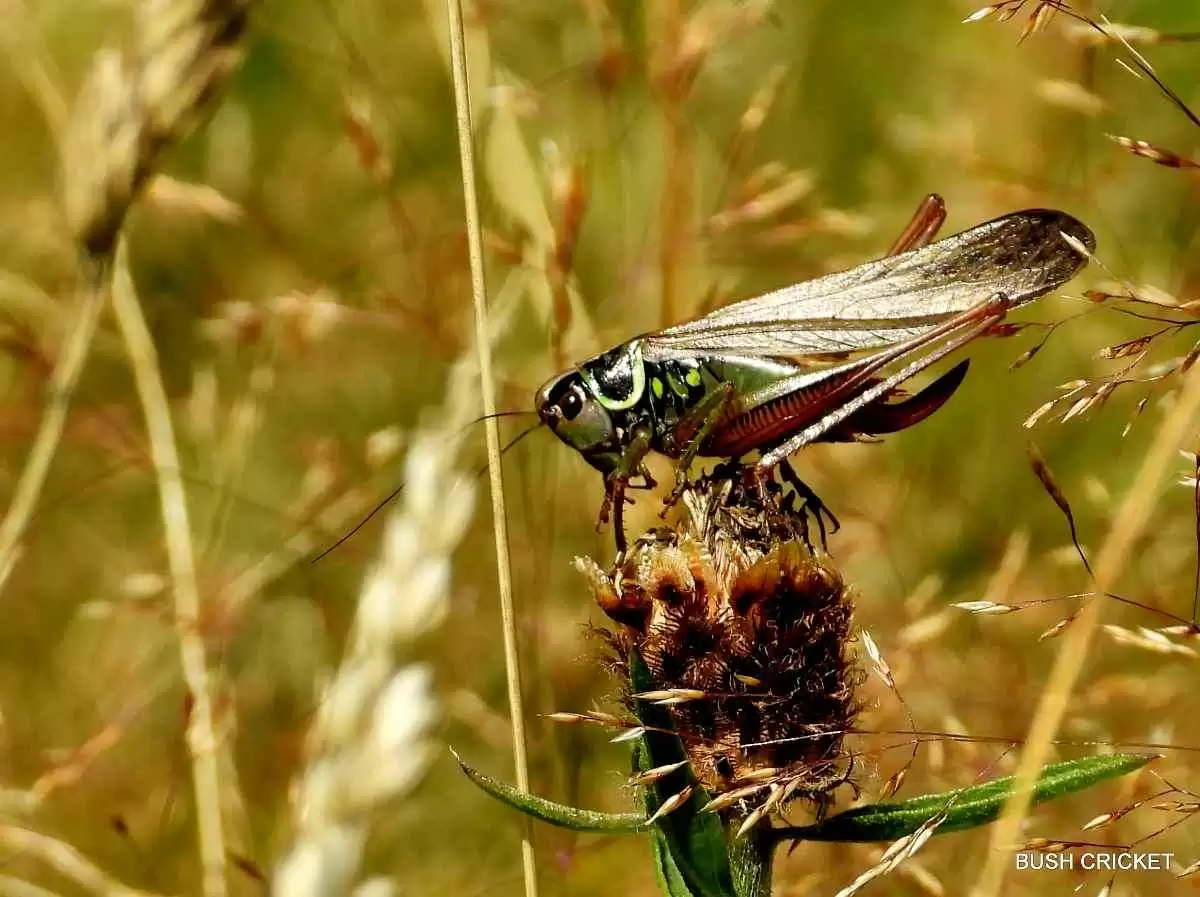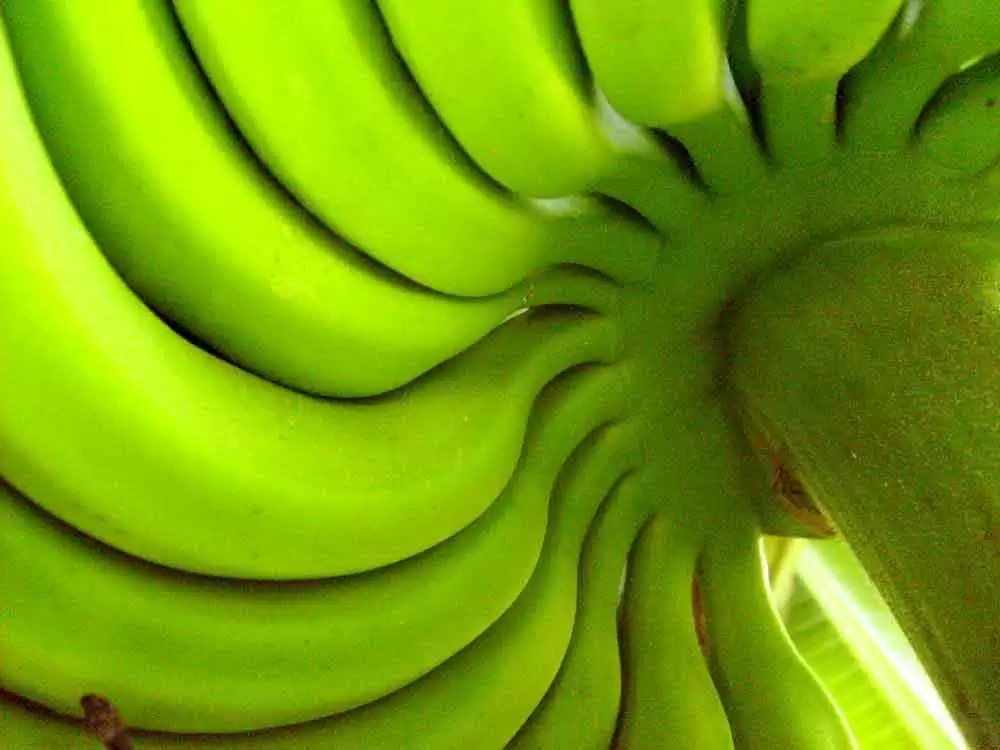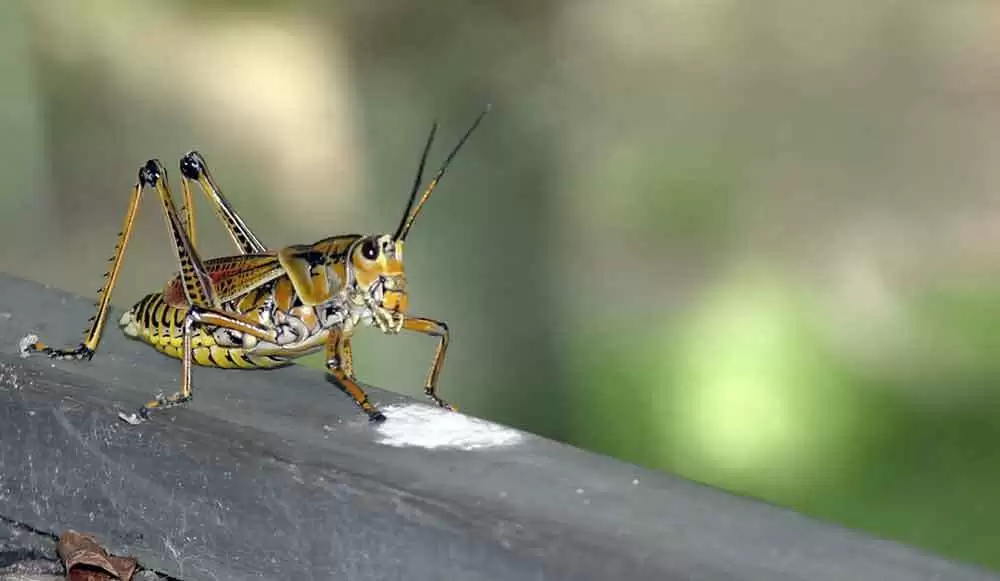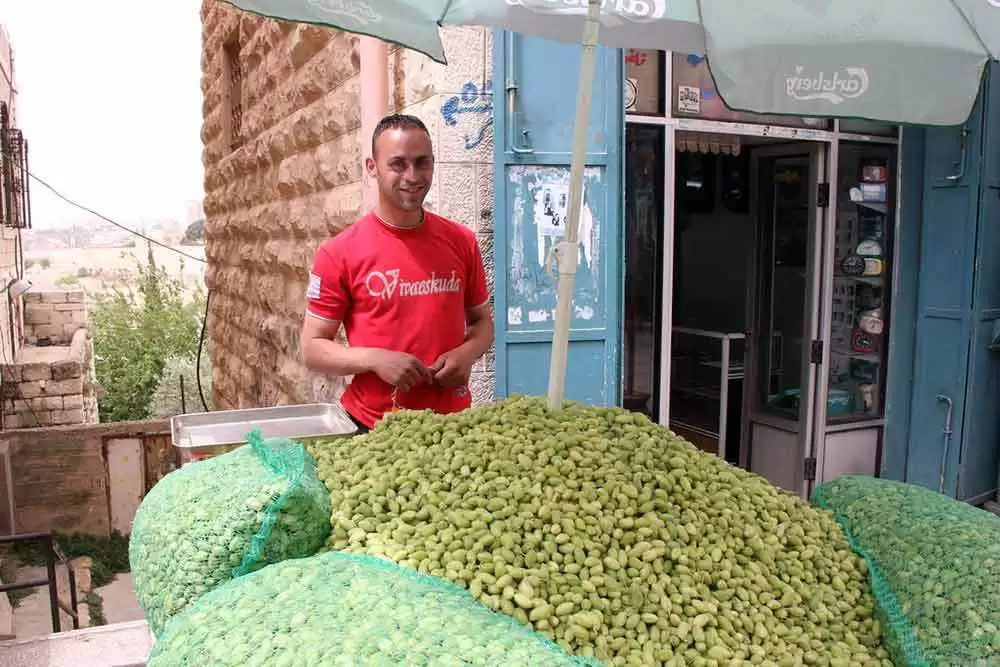
Celiac.com 05/11/2023 - Because of the critical role gluten plays in providing structure, texture, water-holding and other attributes to bread and baked goods, formulating delicious and appealing gluten-free foods can be challenging.
But new ingredients and technologies and product improvements are helping bakers deliver even tastier gluten-free items. Ingredients that play a major role in the overall qualities of gluten-free bread, include:
Gums
Celiac.com Sponsor (A12):
Gums like xanthan, guar or even carrageenan can help hold onto moisture and some hydrocolloids have gelling properties, which can assist with gas retention.
Starches
With gluten-free products, starch retrogradation is always a concern, so including ingredients that can slow this process is often helpful.
For example, modified tapioca and corn starches can help keep the texture of gluten-free baked goods soft. Tapioca starch is typically softer than corn starch. For a softer product, formulators can use higher rates of tapioca; for a firmer product, they might add more corn starch.
Alternative Gluten-Free Protein Sources
Chickpea flour can be used as a source of protein, dietary fiber and several different vitamins and minerals not found in whole-wheat fiber. Many alternative and ancient grains are also well suited to support the plant-based and gluten-free markets.
Other ingredients that offer major advantages in formulating gluten-free bread include:
Coffee Flour
Scientists are looking to make environmentally friendly gluten-free flour from high fiber waste from coffee production. Coffee cherries are the fat, pulpy coating around the famous coffee bean. When coffee is harvested, the cherry is removed and discarded before the beans are processed and roasted. But the coffee cherry pulp happens to be free of wheat, rye or barley proteins, it happens to have high levels of natural gluten that makes it ideal for baking.
Cricket Flour
Insects offer one of the most concentrated and efficient forms of protein on the planet, and they are a common food in many parts of the world. A San Francisco Bay Area company, called Bitty Foods, thinks high-protein gluten-free flour made out of crickets can change the future of gluten-free foods. The company is making flour from slow-roasted crickets that are then milled and combined with tapioca and cassava to make a high-protein flour that is gluten-free.
Cockroaches
Cheaper and more nutritious than standard flour. Gluten-free flour made from cockroaches could change the way bread is made? Two scientists from the Federal University of Rio Grande in Brazil have developed gluten-free flour made from ground cockroaches that contains 40 percent more protein than normal wheat flour. Excited yet? Grossed out?
Green Banana Flour
Banana flour not only produces light, fluffy baked goods with a good nutrition profile, it is also easy to use. When substituting banana flour for wheat flour in a recipe, simply use about 30% less banana flour.
Wet-Milled Rice Glour
Hiroshima University researchers claim to have perfected the science behind a new bread-baking recipe. Developed by Japan's National Agriculture and Food Research Organization, NARO, the method uses wet-milled rice-flour to produce gluten-free bread with a similar consistency and volume to traditional wheat-flour loaves.
Mango Flour
A Philippine company produces gluten-free mango flour enriched with egg whites and other "healthy" alternatives. The resulting gluten-free mango flour is good for making many types of muffins, bread, energy bars, and sandwiches.
Plant Proteins
Coeliac UK is collaborating with Innovate UK to foster the creation of three novel plant-based proteins, aimed at assisting manufacturers in producing enhanced gluten-free bread. Nandi Proteins is spearheading the development of protein concentrates that possess the potential to enhance the quality of gluten-free bread on a commercial scale. The project will concentrate its efforts on three ingredients presently undervalued within the food industry: broad beans, residual components of rapeseed, and hull-less oats.
Psyllium Fiber
A study found that adding around 17% psyllium husk to gluten-free bread resulted in similar structure, appearance, texture, and acceptability to wheat bread, with delayed staling during storage for up to 72 hours. The researchers suggest that this technique could lead to the production of better-tasting, softer, and longer-lasting gluten-free bread.
Wine Flour
Wine flour? Yes, it's a thing. As in flour made from wine grapes. The mashed post-crush grapes is used to make top wines are indeed being milled into a unique gluten-free flour that has some great baking properties.
Gluten-Free Flour Changing Rapidly
Gluten-free formulations are constantly changing as new ingredients become available, in addition to the ingredients listed above, other ingredients, such as pea protein and soluble corn fiber are helping to deliver better glute-free food, and better nutritional profiles.
But replacing gluten is usually a matter of making numerous ingredient adjustments, and finding a combination of ingredients that work in harmony to provide the best solution. For effective gluten-free formulation, it's often best for manufacturers to look at how any given ingredient can contribute to the overall product.
Stay tuned for developments on gluten-free breads made with these and other types of gluten-free flour.









Recommended Comments
Create an account or sign in to comment
You need to be a member in order to leave a comment
Create an account
Sign up for a new account in our community. It's easy!
Register a new accountSign in
Already have an account? Sign in here.
Sign In Now